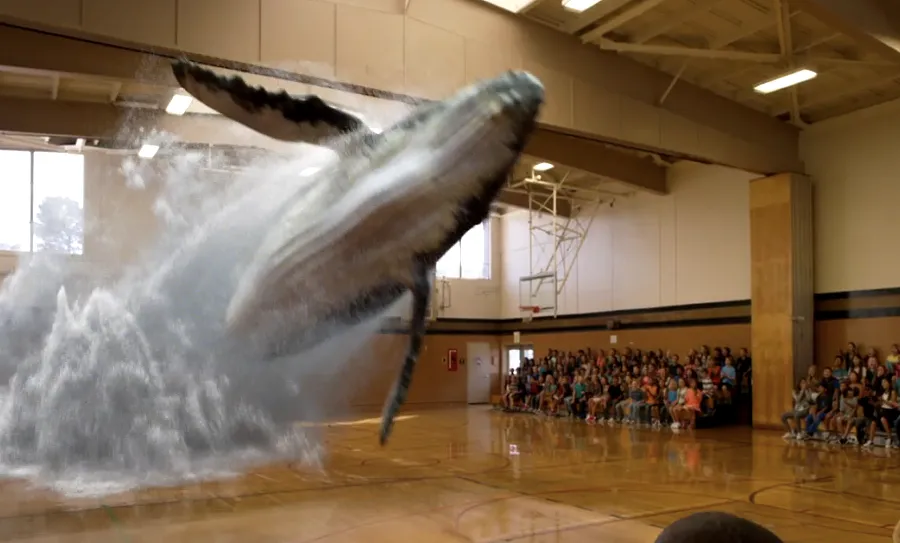Citing unnamed sources, the South Florida Business Journal is reporting Magic Leap is “close to inking a $1 billion financing round.”
As incredibly large as the funding round would be, it is in line with expectations needed for it to engineer its light-field leap beyond the stereoscopic VR headset technology Oculus and Valve have been prepping. In June, the MIT Technology Review questioned whether Magic Leap had enough money as it would have to “scale up silicon photonics—something heavyweights like Intel have struggled to do.” Last October Magic Leap received $542 million from investors including Google with another $50 million funding the company before that.
Read More: Magic Leap Releases New Demo Footage, Gearing Up To Ship “Millions of Things”
The report should be taken with a grain of salt as Magic Leap has yet to offer official comment on its validity, saying they do not comment on speculation.
The secretive startup released video footage this week showing the first public view of what the technology can do. It shows a real world environment with virtual objects that can be inserted under or over a table. The virtual objects are occluded realistically and cast reflections onto surrounding surfaces. Most important, the way light-fields can recreate the way our eyes focus on near and far objects is shown in the video — something stereoscopic VR headsets like the Rift and Vive can’t currently match. Rachel Metz, a writer for the MIT Technology Review, saw Magic Leap’s technology last year and described this week a non-functional prototype as looking “like a bulky pair of sports sunglasses attached to a small battery pack.”
While reddit users have been guessing at the meaning of Magic Leap’s patent filings, I took a look at trademarks filed by Magic Leap and found some interesting entries, including several that include the term “Edge,” with a description covering a “wearable eyepiece which mediates light sources creating images perceptible to, and transmitting such images onto, the human eye or other receiver/recorder of images through the use of certain gratings, reflectors or other optical means. The eyepiece enables the wearer to perceive the image at a specific location in 3D space.”
There’s also a mark filed in 2013 for Flutterpod, “electronic publications in the nature of comic books featuring a virtual reality experience in the nature of sentient flying skateboard.” There’s also a series of what appear to be ways of trying to explain Magic Leap’s overall goal. Among them are “A new operating system for reality” and “The world as your new desktop.”
My favorite though was filed by Magic Leap in 2014: “Imagine if the imagination could imagine.” It looks like Magic Leap’s interesting sense of humor extends beyond the TED Talk stage.
Robert Scoble makes a cameo in Magic Leap’s latest patent application. http://t.co/czkiLEcwz3 /via @kcimc pic.twitter.com/qXRVV5R6ds
— Andy Baio (@waxpancake) July 26, 2015




























